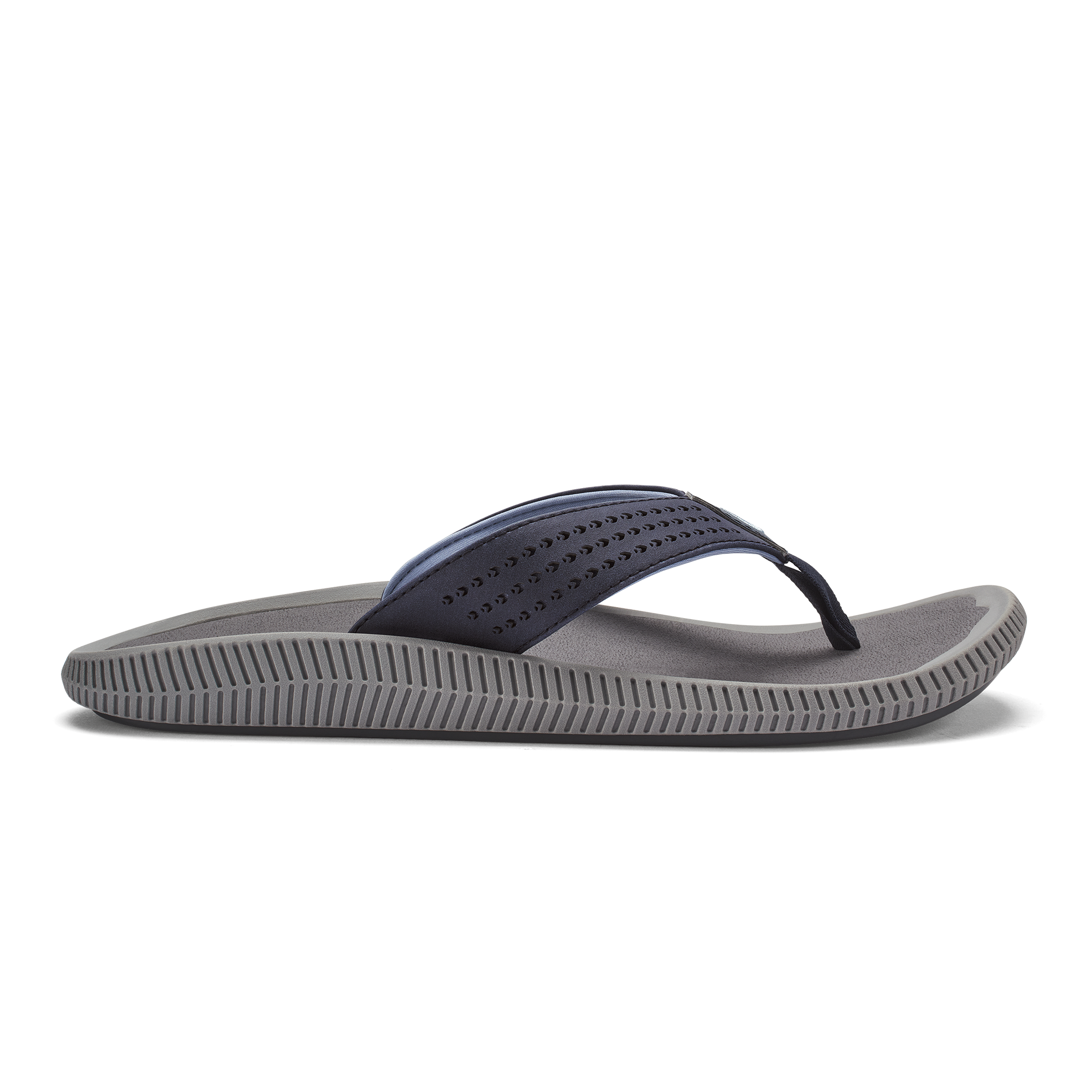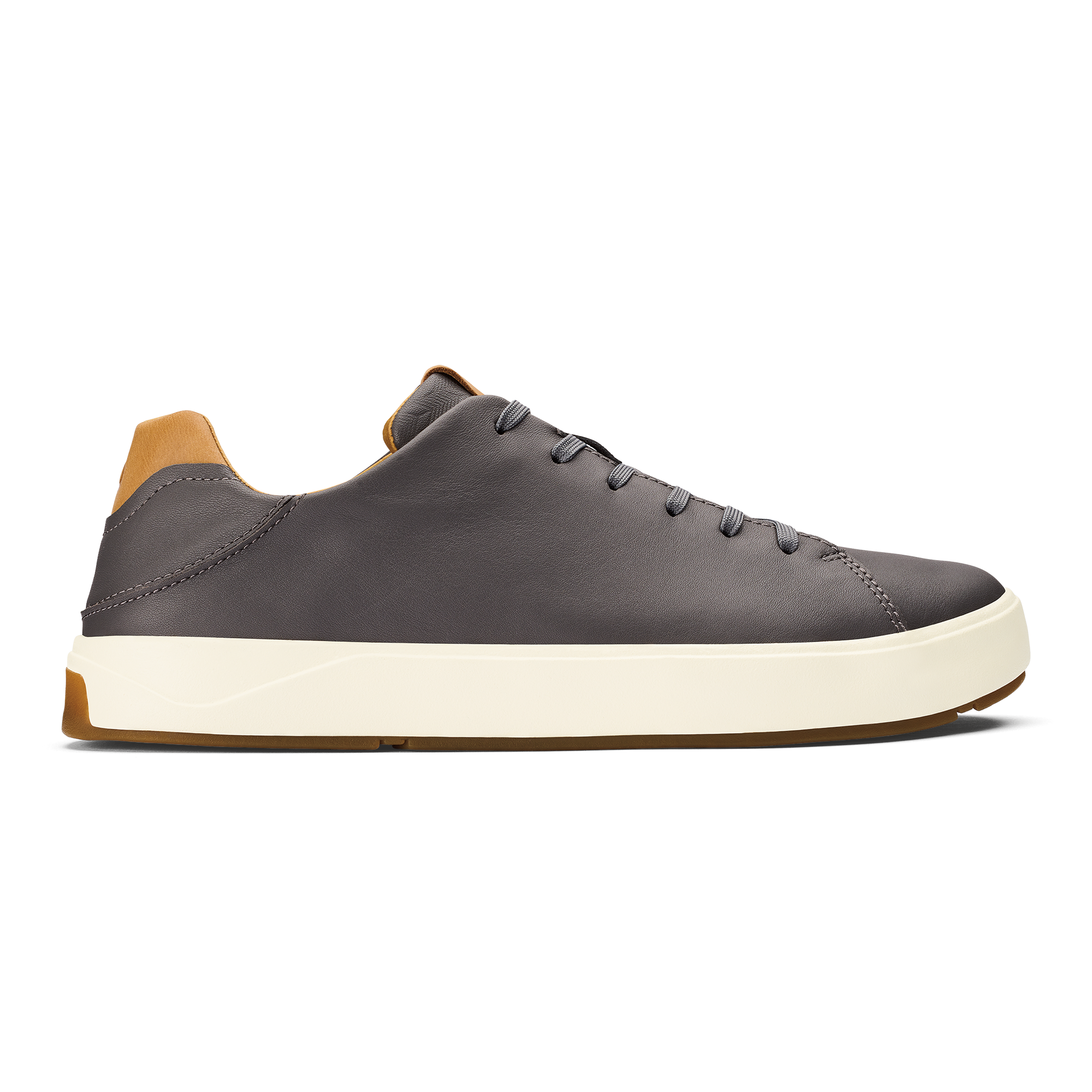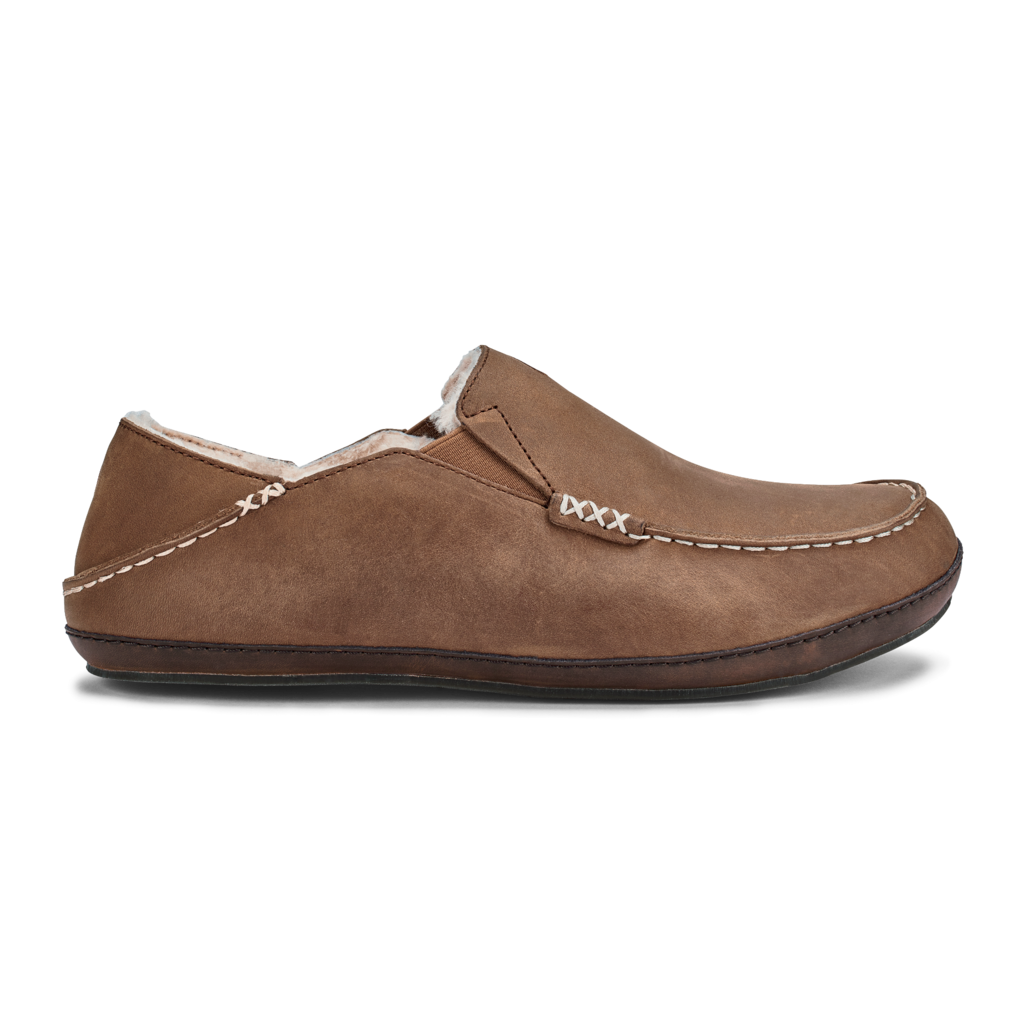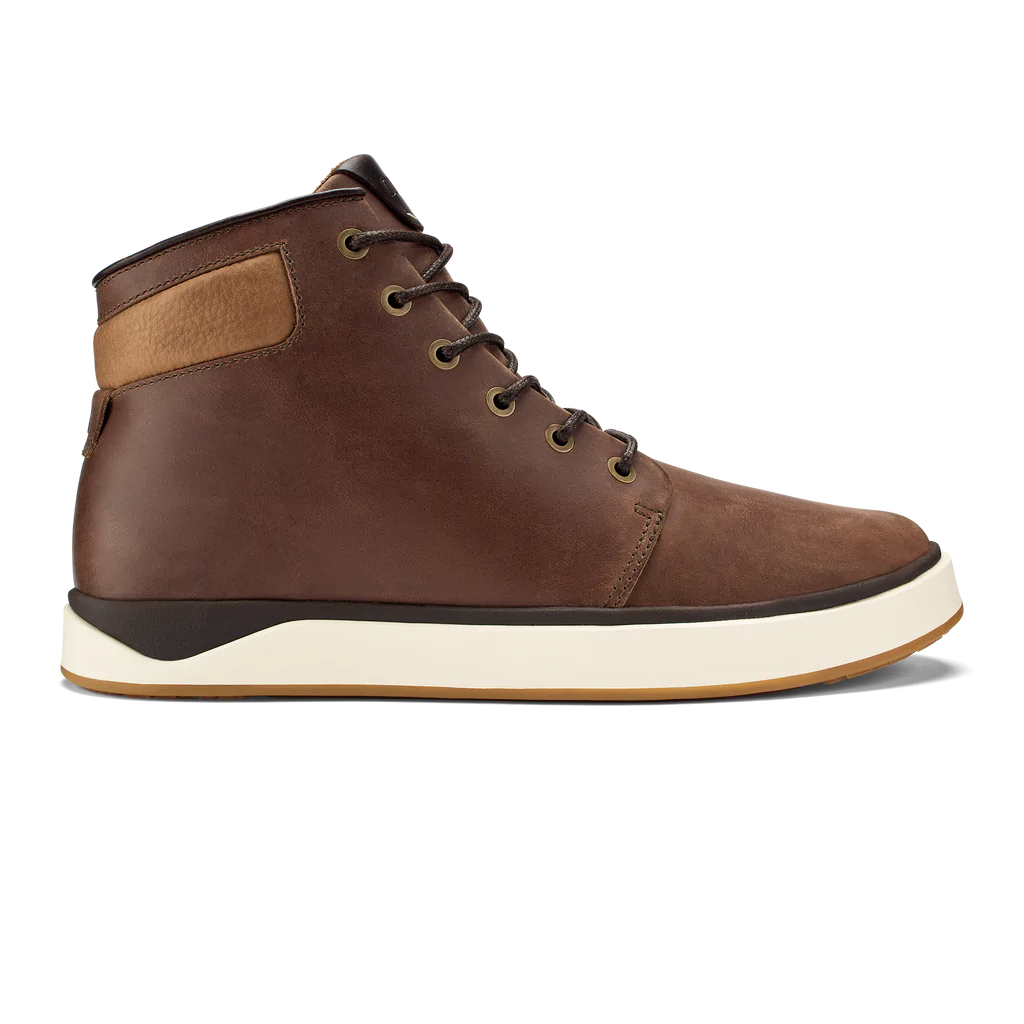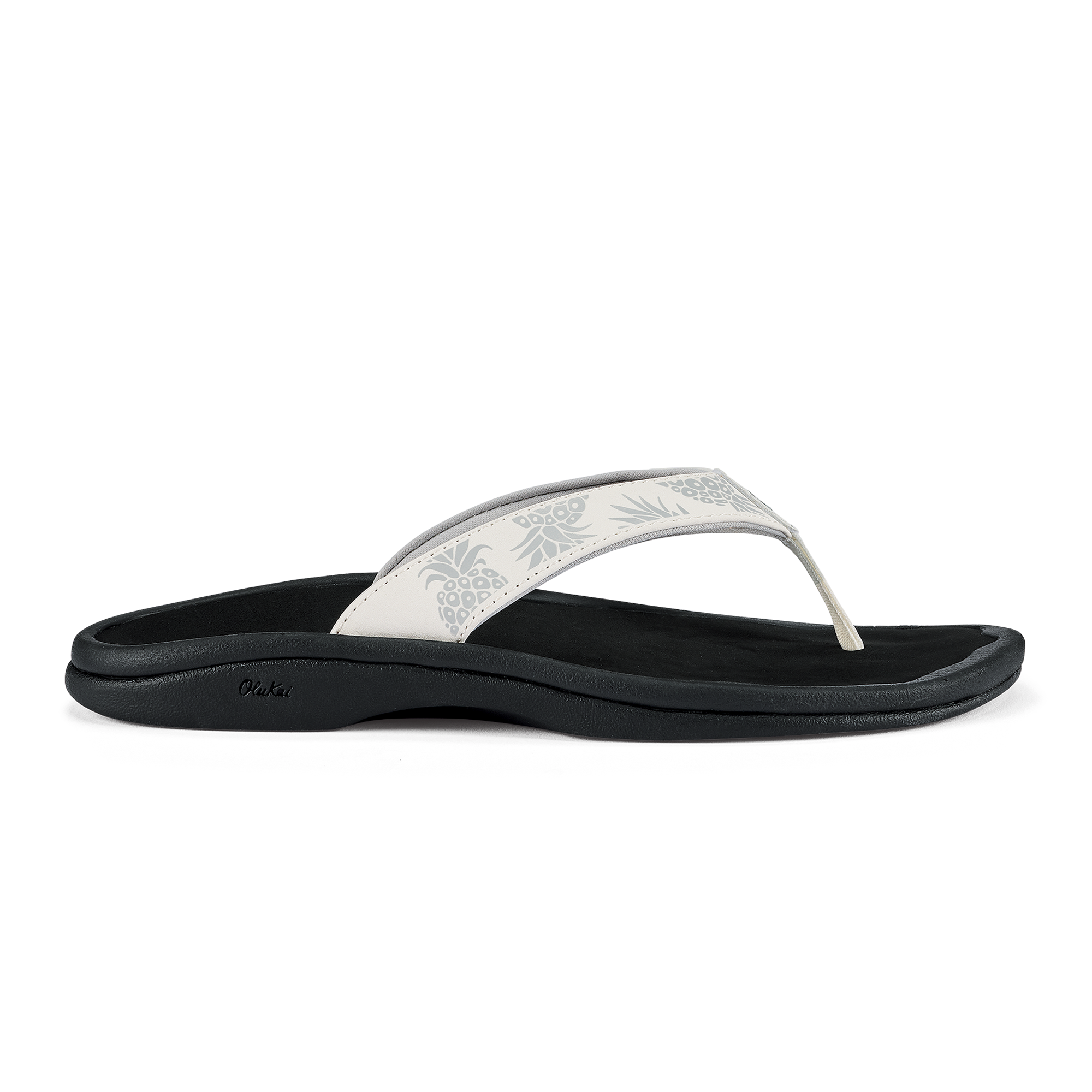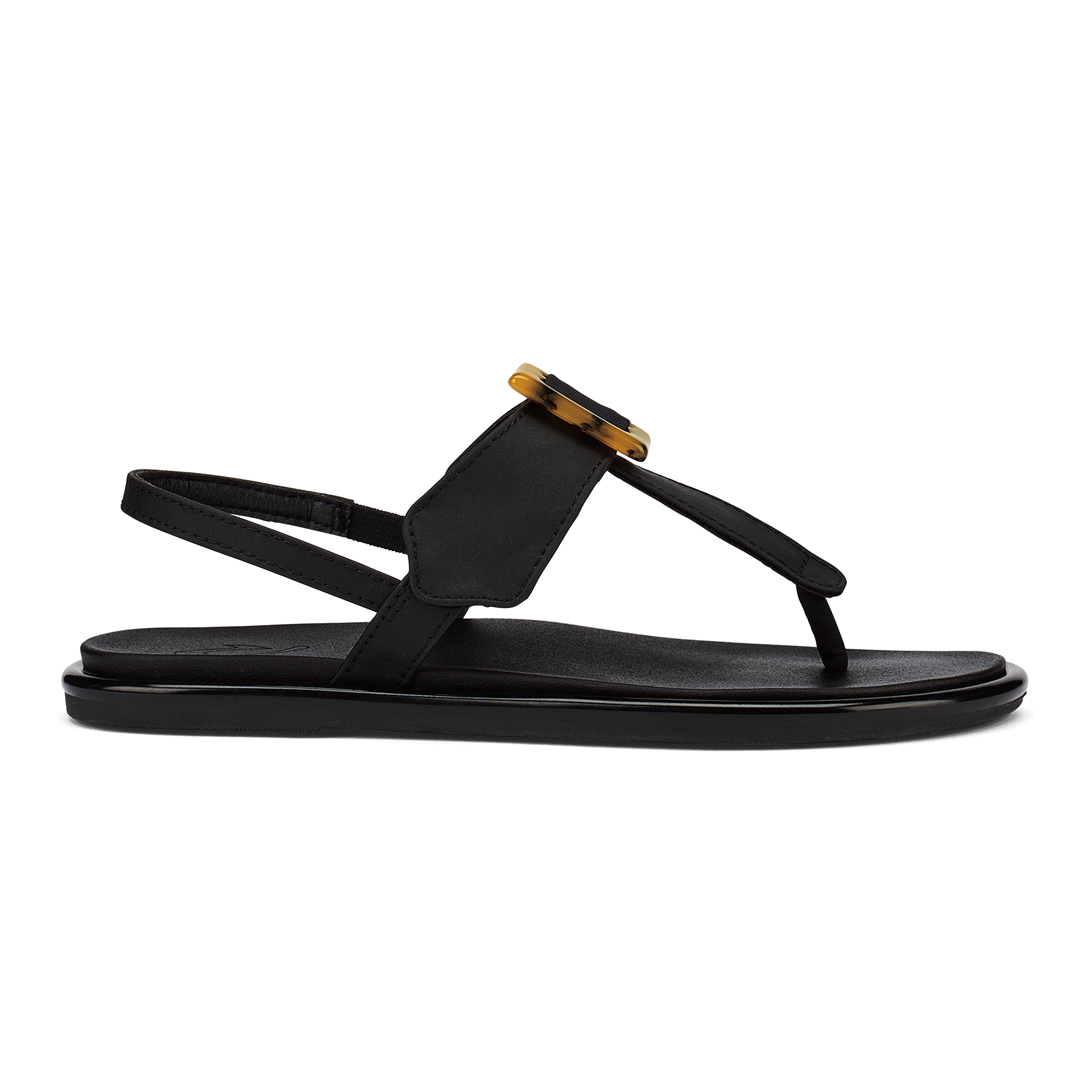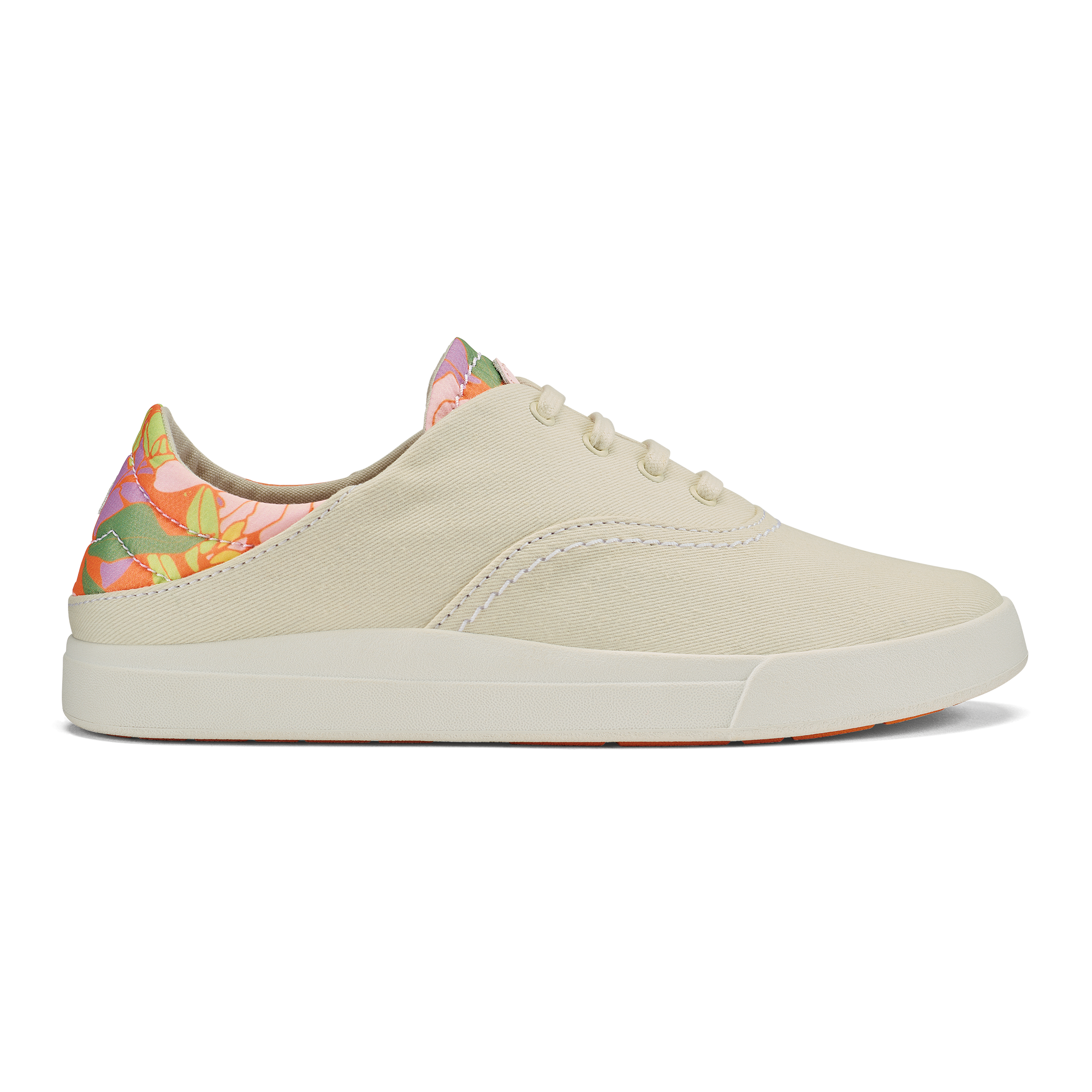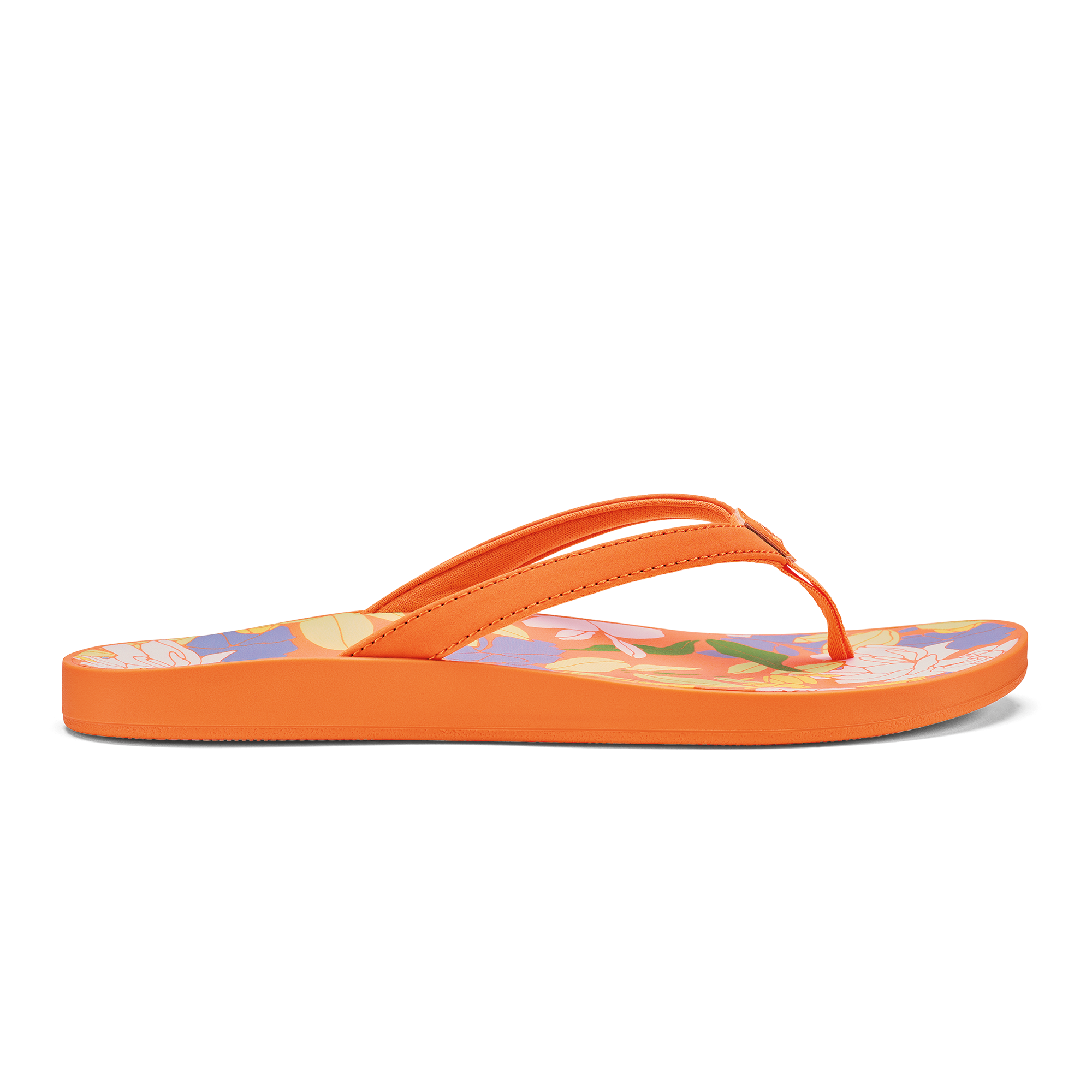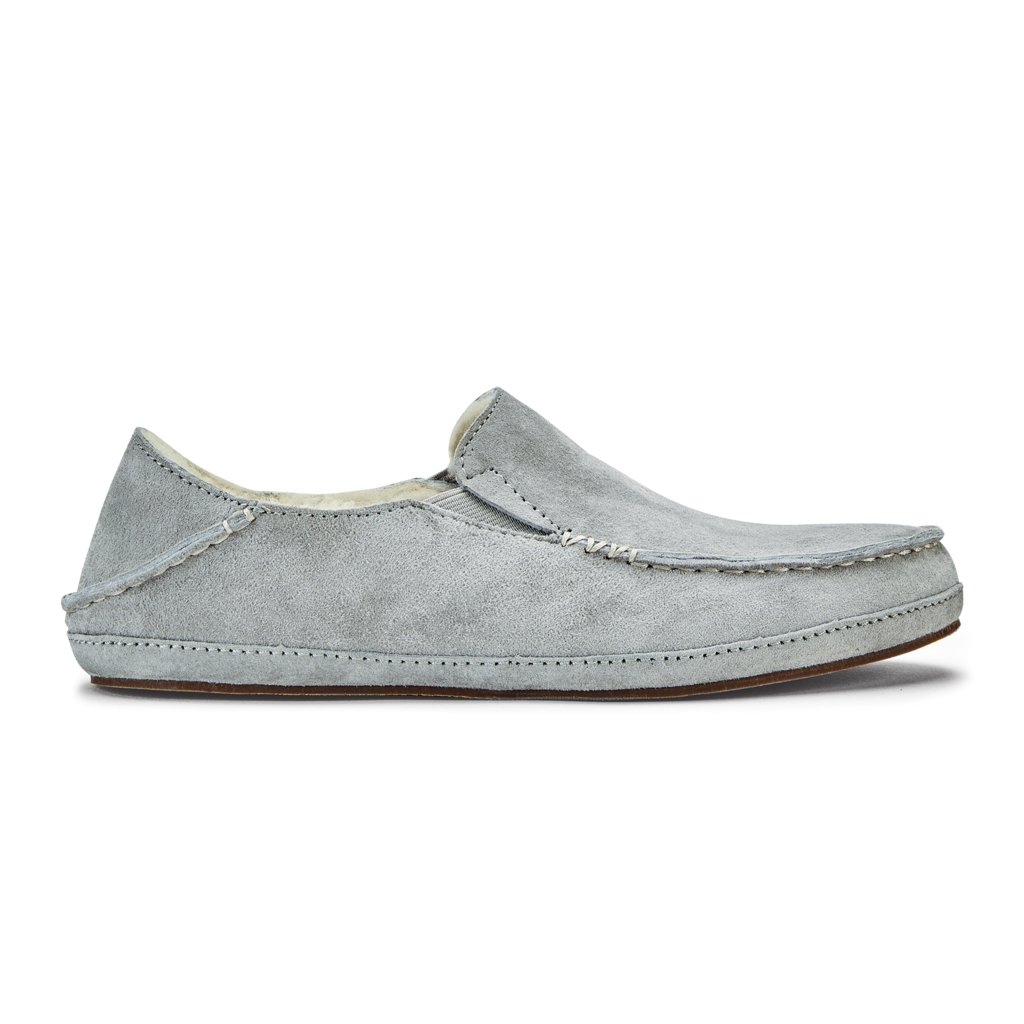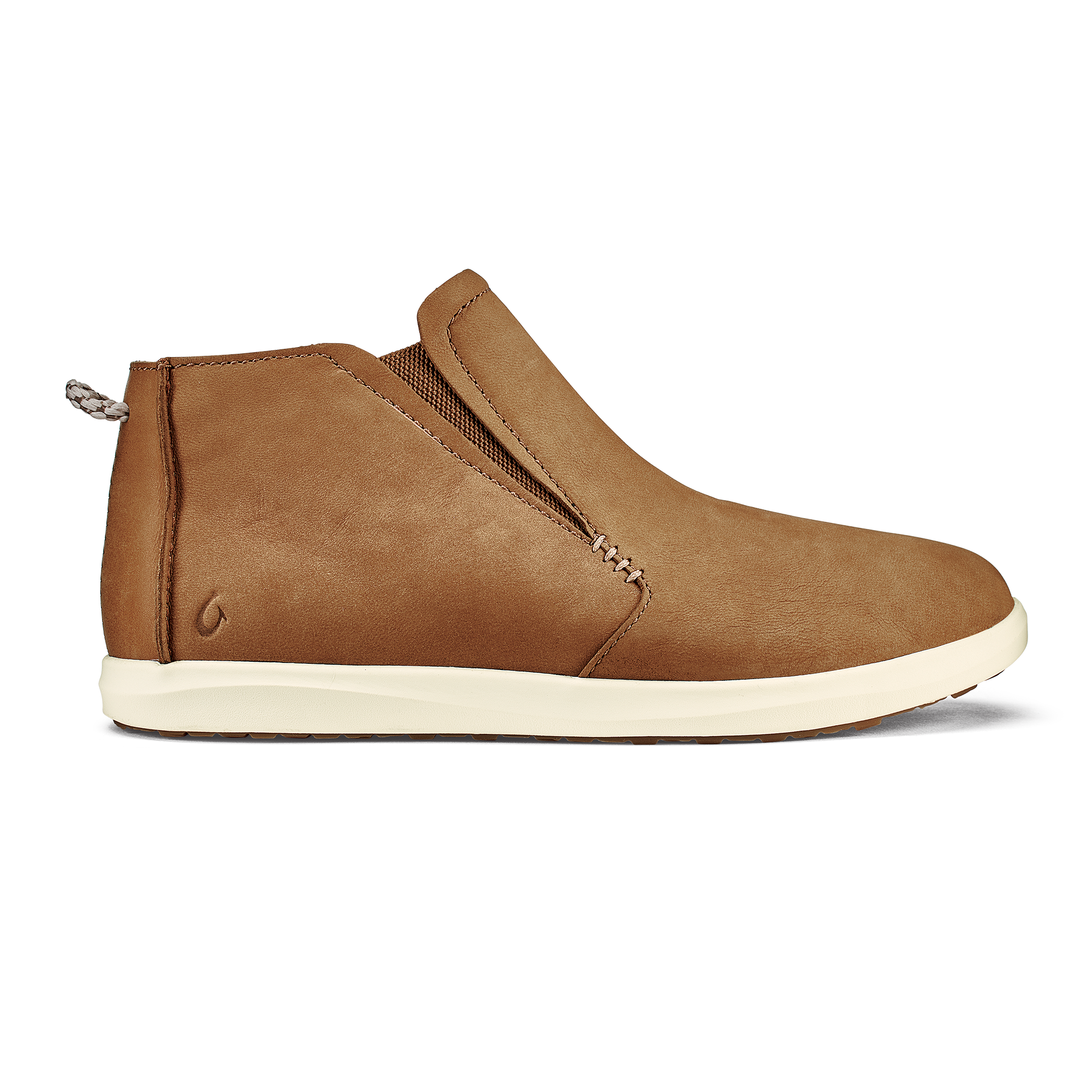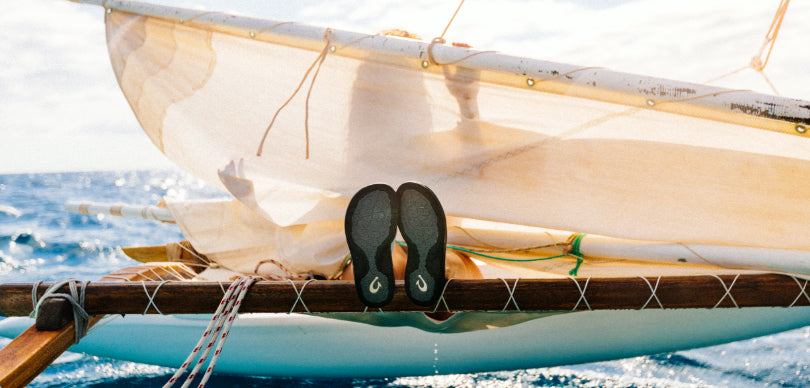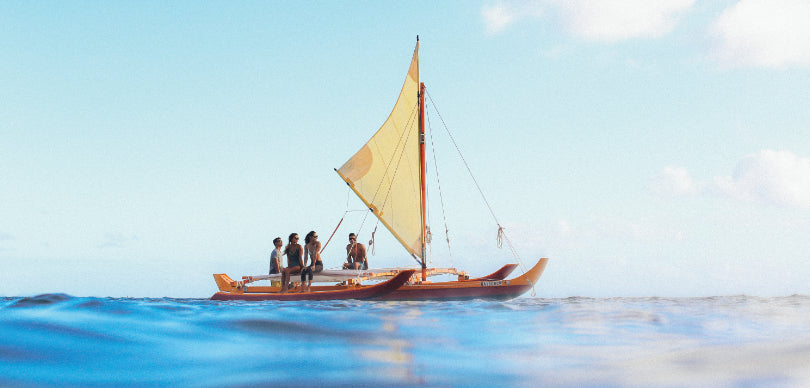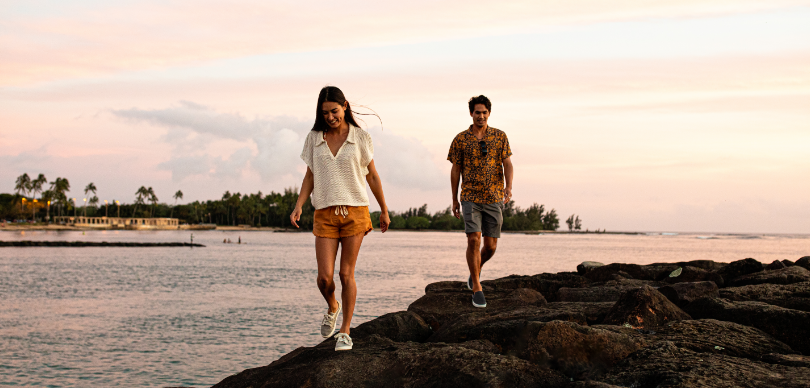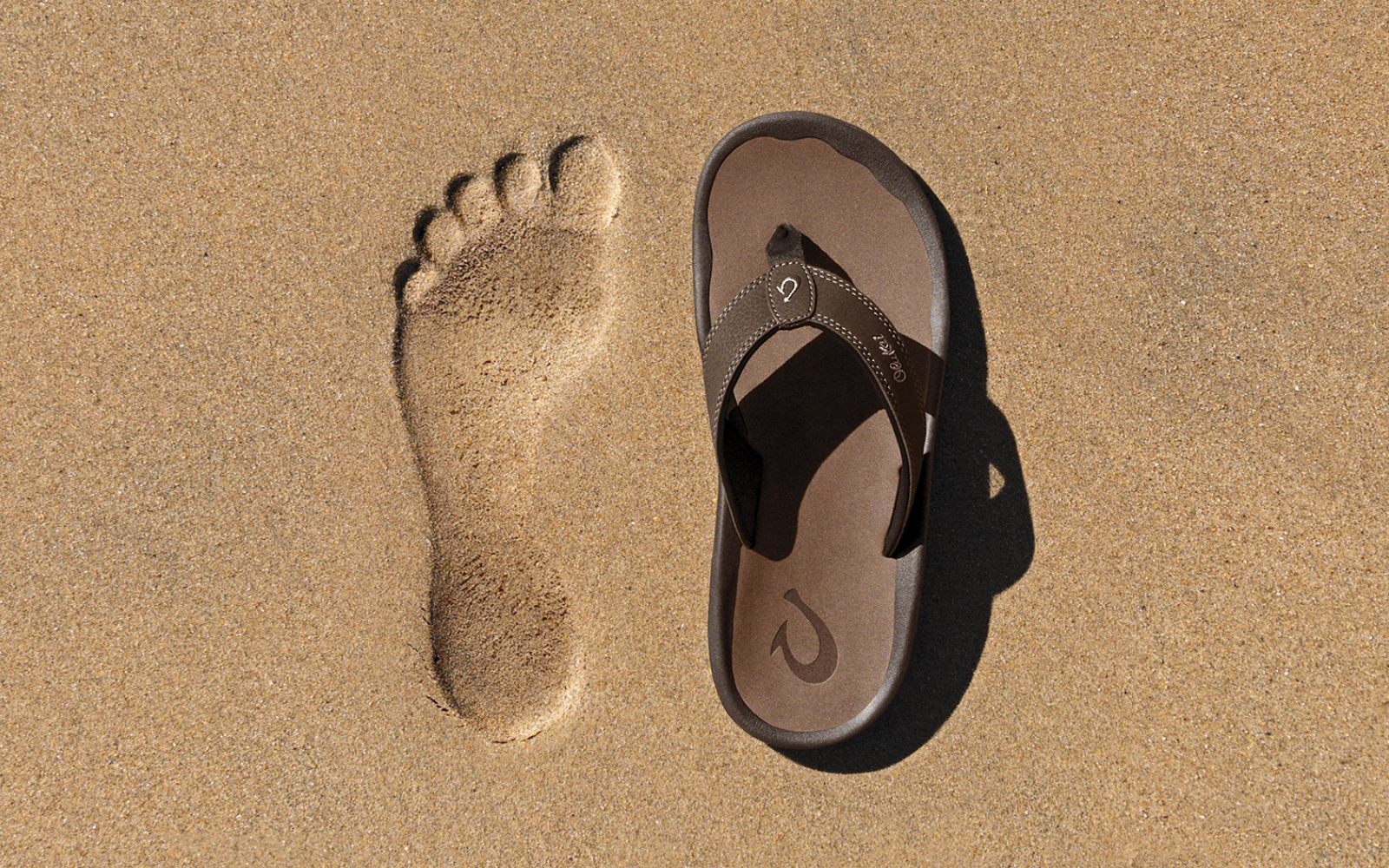Born and raised on Maui, Chef Isaac Bancaco’s connection to the ‘āina (land) and his relationships with local growers and fishermen runs deep. Voted 2014 Chef of the Year by Maui No Ka Oi magazine, Bancaco has worked in kitchens at renowned restaurants across the country from Los Angeles to Boston. Happily back to his roots in the Islands, Isaac has since become Executive Chef at the Andaz Maui Resort at Wailea on Maui, where he can tap into the Hawaiian tradition of sharing food by introducing people from around the world to the delicious offerings from both land and sea that Maui has to offer. Chef Isaac fits the bill for Hāna Kū perfectly, and was delighted to be a part of traditions new and old.
--image_block_a--
Hāna Kū has several meanings. What do you think about when you consider the overall mission of Hāna Kū?
For me, Hāna Kū means honoring and standing up for the families in Hāna; their sustainability practices and their interactions with each other are really special. Hāna Kū is also family first. They're multigenerational and they stand for the ability to share what grandma and grandpa did to sustain food on their table, and everything they’ve done for the grandkids and great-grandkids. The dishes that we do are also inspired by the families. You have to be here and be present—not only physically, but also mentally as well in order to really grasp what Hāna Kū is.
What do you mean by “standing up for the families” in Hāna?
A lot of people come to experience Hāna—52 miles to get here, 52 waterfalls, 52 bridges—they’re coming to see the beauty of the land, but they’re not really coming to absorb the essence of the people. A lot of times, just in the way of the world, if you come in for a purpose that is different from what originated here, sometimes that translation of the culture—the Hāna culture—gets lost. So what we really try to do is instill some energy and positive vibes into the families by saying, "Hey, you guys are doing it right and you’re doing it the way you want to do it, and don’t let anybody tell you that you’re doing it wrong." It's that "keep doing what you’re doing" mentality that’s really the purpose of standing up for those families.
Why is sustainability so important to a hunting-and-gathering community?
Sustainability is a closed loop. It’s gathering smartly what you’re gonna eat and what you need. It’s about being able to go back to the same areas to fish, hunt, and gather from certain trees. If you take everything that’s there, it’s not going be able to reproduce, and that’s not sustainable; it’s very simple biology and ecology. That’s the food aspect, but the most important part is being able to pass down the practices of how to gather, when to gather, which moons to follow, which tides, which weather patterns. And every fisherman, farmer, and hunter has their own way and secret, local knowledge of how to do it all.
Why is it so powerful to know where your food comes from?
From a chef’s perspective, it’s safer. If you know where it comes from, then you know when it was harvested, and you know how to handle it professionally. That’s what we get paid to do in a lot of ways, is to keep people safe. It’s also important to know the source of your ingredients because often what inspires cuisine is actually what that animal ate. So for instance, one of my favorite poké is kala poké; kala is a fish that eats limu close to the shore. It’s my favorite because it’s a firm-textured fish that's very active in the ocean, so it dices very well. When you actually eat the flesh, it really tastes like the limu, so it’s a no brainer—when you prepare it, you’re just going to accentuate the natural flavoring of that particular fish. Given this, it’s extremely important for me to know where a cow, goat, lamb, kala, or ahi came from and what they fed on, because that will ultimately inspire the cuisine and flavorings that I'm going to prepare.
This is your third time participating in Hāna Kū. Why do you keep coming back?
My time with the families here is truly a real partnership; it’s give and take, and is a lot of sharing and fun banter back and forth. Every family offers a new and different perspective to the Hāna Kū experience, and has a different take of what Hāna Kū means to them—and every family has a different way of getting their ingredients. It’s an educational experience for me as a chef, and I always take a little bit back to incorporate into my work. It’s also inspiring; as a person, it keeps you very humble and grounded. A true Hāna Kū person is born and raised in Hāna, and they’re the most humble people, but if you get out of line, they’re the first ones to tell you, so it’s an extremely humbling experience. You know, Costco is not five minutes down the road, so if you go out and there’s no fish or you aren’t successful, you might not eat that day. I just think the lifestyle, the way they carry themselves, and their innate self-accountability to their family and to the Hāna community is really, really inspiring.
